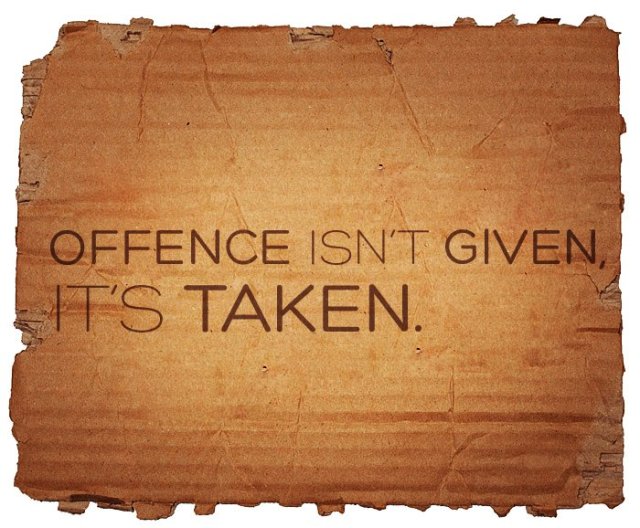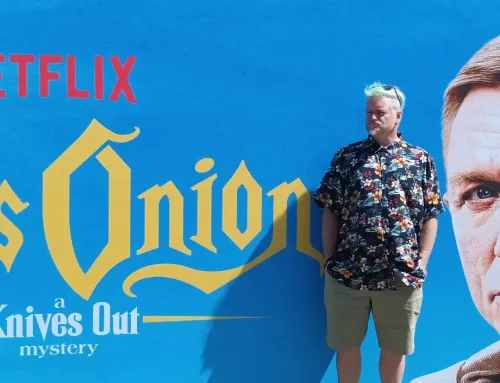“Not taking offense is 10 times harder than not giving it. Try going a day without taking offense when criticized.”
That is how Peter Enns ends off this simple but profound blog piece titled ‘6 thoughts–let’s call them tips–on publicly criticizing and being criticized’ and while you should totally go and read the whole piece to see his explanations of each point, i thought i would simply share the six points he makes:
- 1. To write is to be criticized
- 2. Make the other feel safe
- 3. Learn from your enemies
This is a good one. Our “enemies”, those who think what we write is stupid and who tell us so, should not be ignored. If we listen, we may hear something that only our detractors have the courage to say. They may actually be on to something.
- 4. Leave it be–at least for a while.
- 5. Imagine that, however you respond, you will have to read it to that person in a week.
- 6. Don’t take offense.
Really helpful stuff for writers in particular and as Peter says early on in this piece:
To sum up, if criticism is hard to take, avoid all human contact and especially writing about God and the bible.
and if there was a number 7 it most definitely would have looked something like this:
- 7. Don’t get sucked into the Troll comments – you do not need to make everyone happy or convince everyone and if you manage to do that, then the chances are you are probably wrong – Truth brings conflict because it causes a reaction from untruth and will always be attacked and taken on and battled against… don’t get caught up in pearl-before-swine-ing beyond what may be helpful. [As my mate Yaholo would say, ‘The goal in any debate is not to win the opponent, but the audience.’]
Although if number 7 had a corollary, for me it would be this – Responding to people you disagree with [and in some case trolls] with love/grace/a kind answer is often more likely to affect other people watching from the shadows than the actual person you are having the discussion with – i see this often – i know that i am unlikely to change the person i am having intense discussion with, but i know people are watching and sometimes i continue to argue/discuss for a bit longer than i normally would with the hope that it is meaningful for some of the spectators who are interested and possibly a little more open-minded with the topic at hand.





![The Road to the Catan World Champs in Malta 2022! [Part II]](https://brettfish.co.za/wp-content/uploads/2022/11/IMG_9944-scaled-e1669831201283-500x383.jpg)
![The Road to the Catan World Champs in Malta 2022! [Part I]](https://brettfish.co.za/wp-content/uploads/2022/11/catanchampionships-500x383.jpg)
On point 7: The goal in any debate is not to win the opponent, but the audience.
exactly, well put.